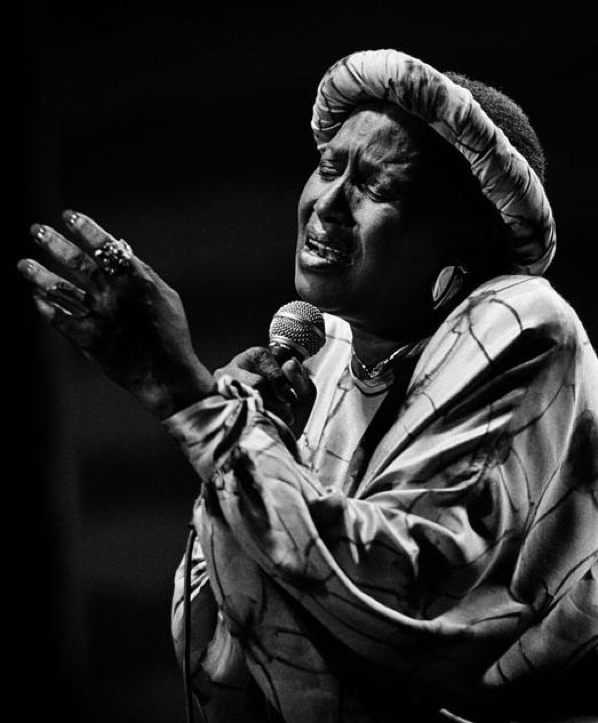By Sydney Evans
Having been saved from closure in a move by Westminster Council to protect grassroots venues, the 100 Club survives as a home for subcultural expression, across music and politics.
In January this year London’s legendary 100 Club was given special status as part of the localism relief scheme. Designed by Westminster Council, the scheme aims to protect businesses that are beneficial to their local area. Now exempt from paying business rates, the legacy of the 100 Club, that has been a home to some of history’s most famous subcultural scenes, can continue to support artists both locally and globally.

In a public statement, owner of the 100 Club, Jeff Horton, says “I’m thrilled the 100 Club has been granted this new business rates relief. It means we can continue to support the careers of the hundreds of artists who take to our stage each year. This is a game changing approach from a local authority in supporting grassroots music venues.” As part of the scheme, the 100 Club must continue to operate as a grassroots, not-for-profit business. So far, they’re the only venue to be awarded special status, but there are plans to extend the relief to others that may also qualify.
Hosting the likes of The Clash, Siouxsie and The Banshees, Eddie Grant, The Specials and Oasis, the 100 Club has been home to an array of music. However, it was their Punk Special event in 1976 that put them on the map, helping the club become one of Britain’s most famous music venues. Hosted across two days in September, the event is often referred to as the moment punk was born, at a time when no one wanted to host the scene.

Having officially opened as the 100 Club in 1964, the Punk Special changed the direction of their future. Showcasing acts like The Clash, The Buzzcocks and The Sex Pistols, what was so special about the event was the fact that all of the bands were unsigned at the time. It was here that the 100 Club established themselves as an integral part of the UK’s music scene, becoming a home for up and coming artists, as well as those already well established. Continuing to pay homage to their roots, this year they are holding regular listening parties to celebrate 40 years of The Clash’s Sandinista album.


Speaking to Jeff Horton’s daughter, Ruby, she says that the localism relief scheme is “A massive weight off everyone’s shoulders. That’s what my dad has been fighting for, for just short of 15 years.” Needing to no longer worry about paying business rates, Ruby explains how the 100 Club hopes to concentrate more on their programming for the future. “It’s always been inclusive, and it’s always been a venue that has welcomed people, and has allowed for diverse programming.”
A testament to how subcultures can amplify marginalised voices is the special relationship between the African National Congress Party and the 100 Club. Throughout the 1980s, the drummer Julian Bahula hosted Friday night sessions, with many of the musicians performing also political refugees at the time. Exiled from South Africa due to apartheid and involvement in the ANC, Bahula and the 100 Club offered a haven through musical performance. The introduction of South African jazz to the 100 Club ran for ten successful years until Nelson Mandela was released from prison.
Musicians like Miriam Makeba and Youssou N’Dour were just a few of the names that performed during those ten years. In an article for The Independent, the saxophonist Frank Williams described how the 100 Club became an ‘unofficial embassy and community centre’ for South African musicians, noting how the ‘future president of South Africa, Thabo Mbeki, used to come in on a Friday night’.

Music venues exist as a space to explore, a home to those finding a way to express themselves through performance . With the 100 Club safe from closure, the history of subcultures that have influenced music, fashion, literature and so much more, can continue to survive. A place for those who used music as a site of resistance, who knows what the 100 Club will offer us next? One thing’s for sure: it won’t disappoint.
Check out our playlist to hear some of the fantastic bands who have taken to the stage of the 100 Club over the years.
